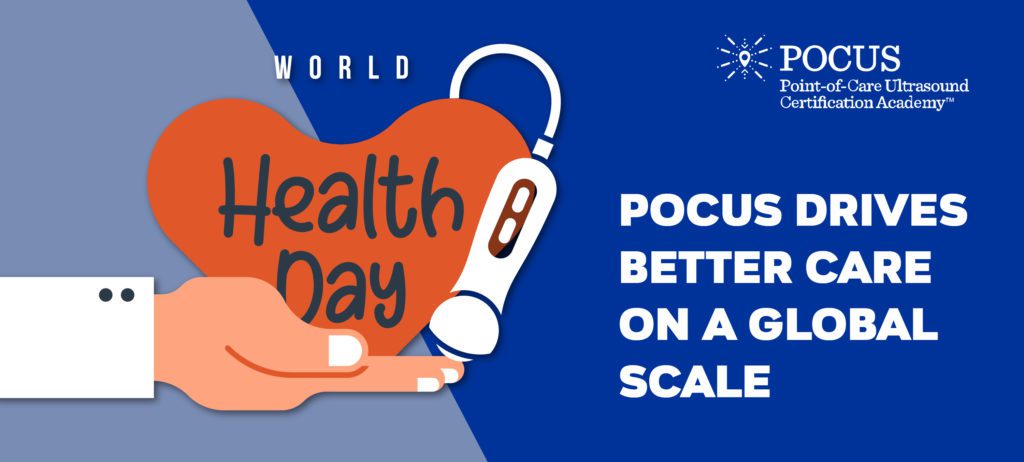At the heart of the medical community is the dedication to improving global health by ensuring every patient can achieve the highest quality of care. This mission transcends specialties and geographic boundaries, declaring no patient is left behind.

Innovation, thought-leadership, and commitment to this common goal from every medical professional pave a path for change in the global healthcare landscape. One constant throughout history has been that when we work together as a community, the care patients receive elevates to new heights.
To support this global mission, the healthcare community has rallied around organizations and agencies, small and large, that allow for collaboration and provide medical professionals resources.
One agency with incredible impact and reach is The World Health Organization (WHO). Their main objective, “the attainment by all peoples of the highest possible level of health,” embodies the desire of healthcare workers globally. In one of their first acts, the WHO launched the World Health Day celebration—an annual holiday recognized on April 7.
Every year the WHO selects a health theme to highlight and bring awareness to. Since its creation, World Health Day has covered vital topics to include mental health, maternal and child care, nurses and midwives, and more. Each year this celebration connects the medical community on a monumental scale to bring awareness to these crucial areas affecting global health.
On April 7, 2021, the WHO is inviting everyone around the globe to join a campaign dedicated to building a fairer, healthier world. The coronavirus (COVID-19) pandemic has brought the current imbalance of access to healthcare that exists, with the conditions around where individuals were born and live impacting the quality of care they can receive. The WHO identifies this as an unfair and preventable issue, and invites us all to join them in their mission “to ensuring that everyone, everywhere, can realize the right to good health.”
As we embrace this holiday, we also want to celebrate how healthcare professionals have worked to improve the care patients receive. As a collective, our ability to develop, learn, and implement advancements in medicine and technology has paved the way for better care—the core of World Health Day’s mission.
The growing use of point-of-care ultrasound (POCUS) is a prominent example of this. To better serve their patients, medical providers worldwide have added POCUS to their toolkits, and its impact has been astronomical.
Due to its low cost and portability, POCUS can help diagnose and manage diseases that drastically impact lower and middle-income countries. Consequently, the presence of POCUS is becoming more common in healthcare facilities in urban and rural areas.
According to an article from Yale School of Medicine, “with its portability and immediacy, POCUS is a powerful diagnostic tool, which also can enhance medical education, both on campus, and worldwide.” This story details how students and faculty have utilized this modality around the globe in countries like Uganda and Nicaragua and how it enhanced the diagnostic process.
One study conducted in Lokomasama highlighted this impact numerically. After conducting ultrasound exams for 196 consecutive patients, the study found that “POCUS findings were in keeping with the clinical diagnosis in the 49.5%.” Additionally, the use of POCUS changed the original diagnosis in 17% of cases.
As the medical community continues to pave the path for a future of better, global care, The Point-of-Care Ultrasound Certification Academy™ joins our fellow healthcare professionals in pursuit of this shared goal. To help support the reach of POCUS around the world, we recently launched the Global POCUS Principles Certification, which covers POCUS for abdominal trauma, cardiac, lung, and MSK soft tissue.
We believe geography should not define the care that patients receive, and POCUS plays an instrumental role in ensuring patients have medical support accessible to them. This World Health Day, as we celebrate how far we’ve come in enhancing care around the world, let’s also honor the healthcare professionals and modalities that work tirelessly to move us closer to accomplishing our mission and support patients everywhere.
Given your interest in the global application of POCUS, check out our Global POCUS Principles certification here.





















